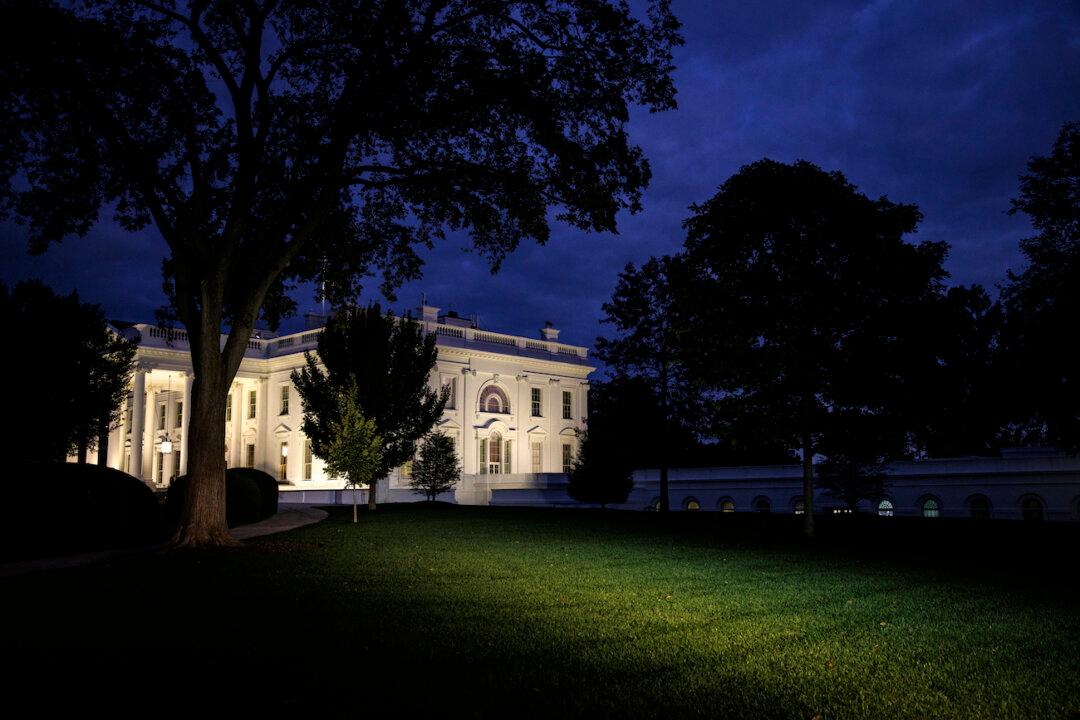President Joe Biden issued a statement late Saturday after he signed into law a stopgap measure to avert a government shutdown, saying, “we should never have been in this position in the first place.”
Congress alone has the authority to approve government spending via annual appropriations bills. Twelve such bills are needed for each key federal department. Without renewed authorization, the spending power ends on Sept. 30, the close of the government’s fiscal year.




